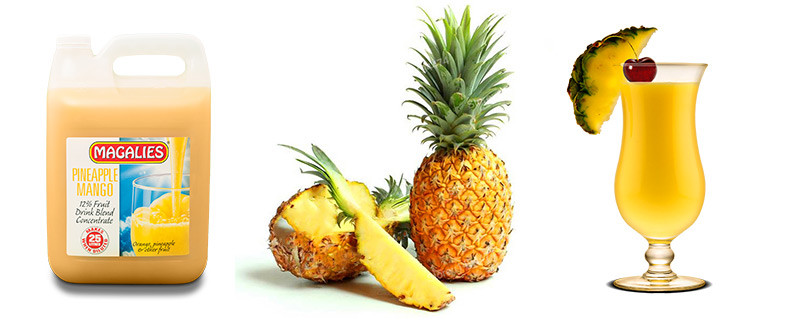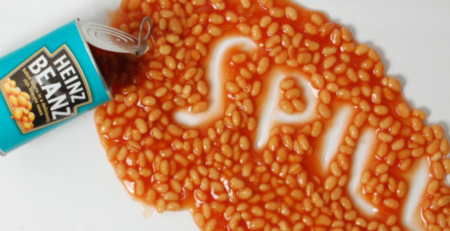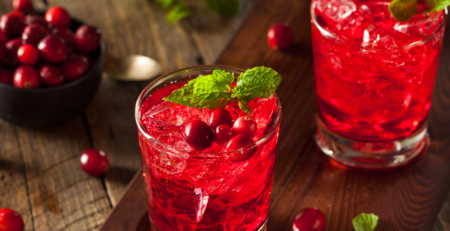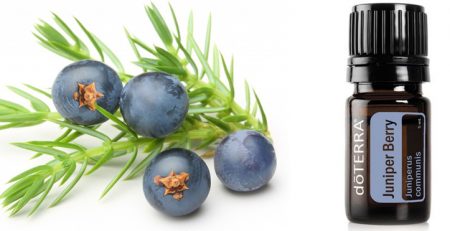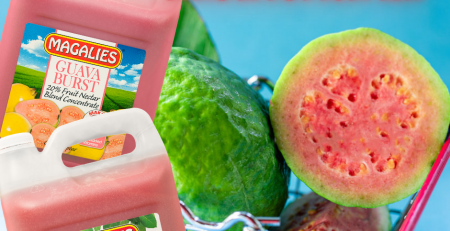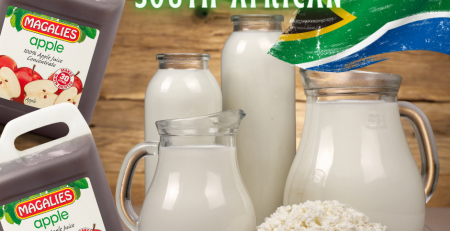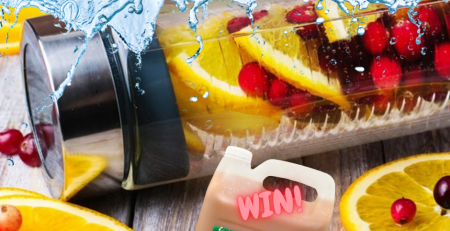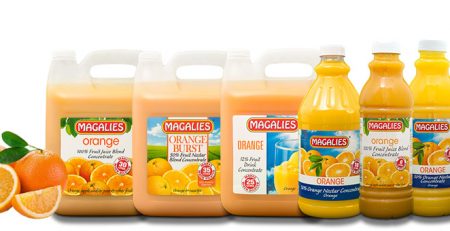“P” is for Pineapple
by Dr Marli Botha
Q: When is an apple not an apple? A: When it’s a pineapple!
Jokes aside, pineapples are tropical fruit that is rich in vitamins, enzymes, and antioxidants. They may help boost the immune system, build strong bones and aid in digestion. Also, despite their sweetness, pineapples are low in calories.
Not that you need any extra reason to like pineapple even more, but just in case here are a few interesting things that you may not have known about this popular fruit:
- Pineapples can regenerate! You can plant pineapple leaves and it will grow a whole new plant!
- Pineapples contain the bromelain enzyme which can break down proteins, so you can use them to tenderize meat. The same Bromelain enzyme means that you can’t put fresh pineapple in jelly, because it breaks down the gelatine. You can stop this from happening by boiling the chunks of pineapple in their juice or in water for a few minutes, or you can use canned pineapple.
- As well as having high amounts of manganese, which is important for antioxidant defenses, pineapples also contain high amounts of thiamine, a B vitamin that is involved in energy production.
- Hawaii produces about 1/3 of all pineapples in the world.
- Pineapples take about 18-20 months to become ready to harvest.
- Pineapple is the only edible fruit of its kind, the Bromeliads. The fruit is made of many individual berries that fuse together around a central core. Each pineapple scale is an individual berry.
- Pineapples ripen faster upside down.
- The difference in colors is mostly based on where the pineapples were grown so a green pineapple can be just as sweet and delicious as a golden brown one.
- Pineapple may help you keep standing tall and strong. The fruit contains nearly 75 percent of the daily-recommended value of the mineral manganese, which is essential in developing strong bones and connective tissue, according to the Linus Pauling Institute. One 1994 study suggested that manganese, along with other trace minerals, may be helpful in preventing osteoporosis in post-menopausal women.
- In Spanish, pineapples are called piña – which you’ve probably heard of about the piña colada drink…?
- The Dole Plantation’s Pineapple Garden Maze in Hawaii has the record for the largest maze in the world, stretching over three acres!

